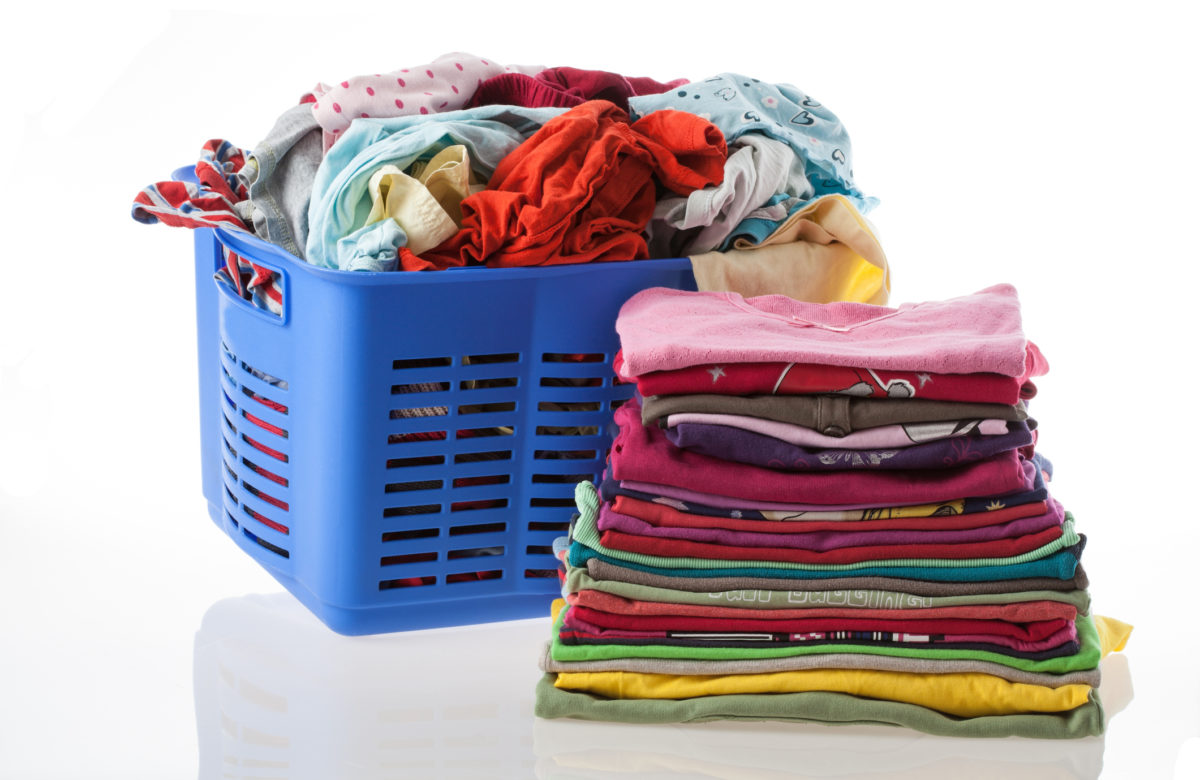
Doing laundry is a necessity, but traditional methods can be wasteful and harmful to the environment. From excessive water usage to chemical-laden detergents, laundry can have a significant environmental impact. By making a few simple changes, you can create a more sustainable laundry routine that is better for the planet and your wallet. Here are some easy steps to green your laundry habits.
1. Use Cold Water
- Washing clothes in cold water reduces energy consumption by up to 90%.
- Cold water is effective for most fabrics and helps prevent shrinking and fading.
- Use a detergent formulated for cold water to enhance cleaning efficiency.
2. Choose Eco-Friendly Detergents
- Opt for plant-based, biodegradable detergents free from phosphates and synthetic fragrances.
- Avoid detergents with harsh chemicals that can harm aquatic life.
- Consider refillable or concentrated detergents to reduce plastic waste.
3. Wash Full Loads
- Running full loads reduces the number of cycles and saves water and energy.
- If washing a small load, adjust the water level settings accordingly.
- Avoid overloading the machine, as it reduces washing efficiency.
4. Air Dry Whenever Possible
- Hanging clothes to dry on a line or rack saves energy and extends fabric life.
- If using a dryer, choose the lowest heat setting and clean the lint filter regularly.
- Wool dryer balls can help reduce drying time and static.
5. Reduce Microfiber Pollution
- Synthetic fabrics shed microplastics that pollute water systems.
- Use a microfiber-catching laundry bag or filter to trap fibers.
- Wash synthetic clothes less frequently and opt for natural fibers like cotton and linen.
6. Skip Fabric Softeners and Dryer Sheets
- Fabric softeners and dryer sheets contain chemicals that can irritate skin and pollute the environment.
- Use white vinegar as a natural fabric softener alternative.
- Wool dryer balls can help soften clothes and reduce static.
7. Maintain Your Washing Machine
- Regularly clean your washing machine to prevent mold and detergent buildup.
- Check and clean the filter to improve efficiency.
- Use a washing machine with an ENERGY STAR rating to conserve water and energy.
8. Opt for Sustainable Fabrics
- Choose organic cotton, hemp, and bamboo fabrics that require less water and pesticides.
- Avoid synthetic fabrics treated with harmful chemicals.
- Buy high-quality clothes that last longer, reducing textile waste.
Conclusion
By adopting these simple eco-friendly laundry habits, you can reduce your environmental impact while keeping your clothes fresh and clean. Small changes can make a big difference in conserving resources, reducing pollution, and promoting sustainability.
Do you have any green laundry tips? Share them in the comments below!

